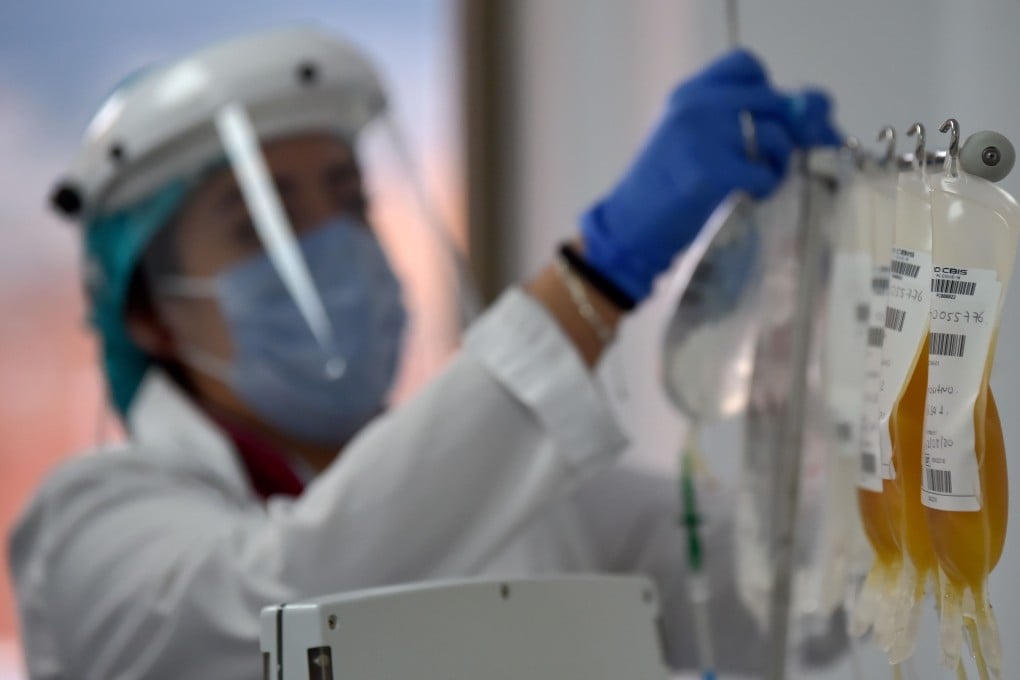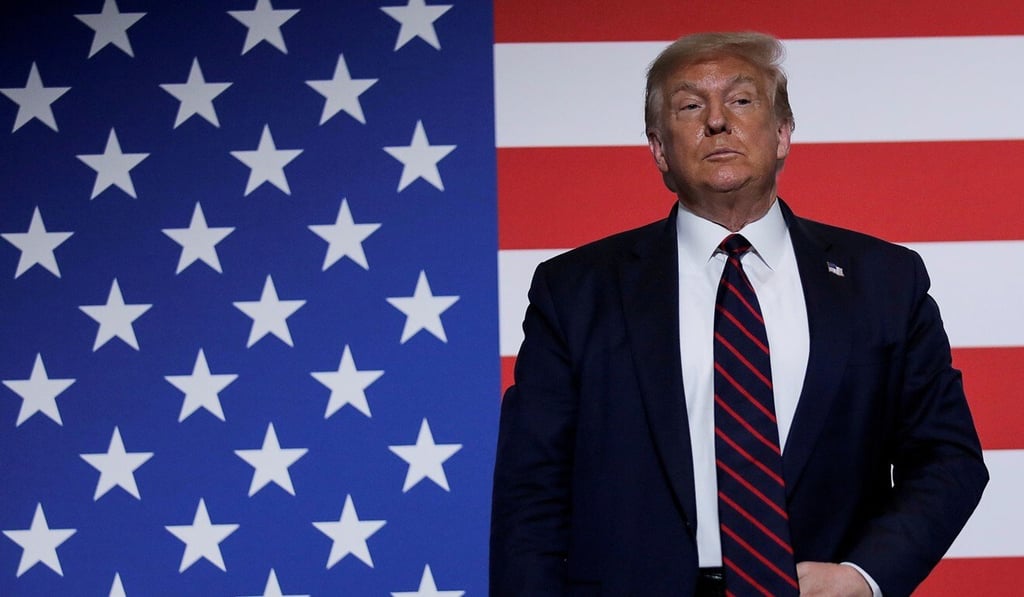Politico | Coronavirus: FDA authorises plasma treatment over scientists’ objections
- Trump unveils approval during press conference with HHS Secretary Alex Azar and FDA Commissioner Stephen Hahn
- President had accused FDA of slow-walking the therapy to harm his re-election chances, without offering any evidence

This story is published in a content partnership with POLITICO. It was originally reported by Zachary Brenann and Sarah Owermohle on politico.com on August 23, 2020.
The US Food and Drug Administration has issued an emergency authorisation for blood plasma as a coronavirus treatment, the agency and President Donald Trump announced on Sunday – one day after Trump attacked the drug regulator for moving too slowly to back the treatment.
The agency held off on the decision last week over concerns from government scientists that evidence for the treatment's effectiveness is thin, prompting Trump to accuse the FDA of slow-walking the therapy to harm his re-election chances without offering any evidence to support his claim.
It is not clear whether the FDA has received additional clinical trial data in the last week that would support the therapy's use.

An emergency authorisation normally paves the way for expanded use of an experimental therapy. But FDA's decision for so-called convalescent plasma – which more than 70,000 Americans have already received – is limited because patients have largely received it outside randomised, controlled clinical trials that could prove whether the approach is effective.
